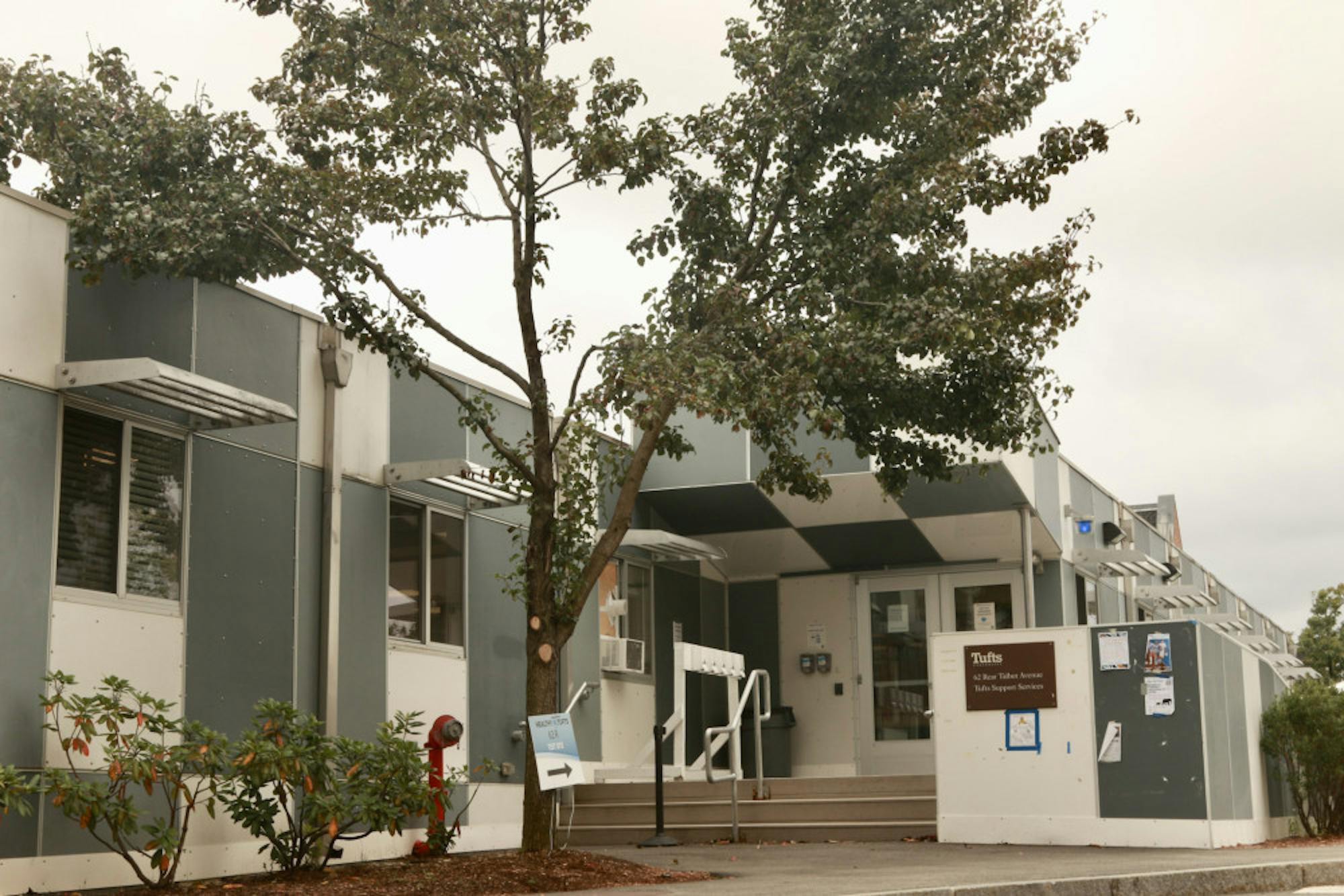In anticipation of welcoming students back to campus, Tufts announced its fall 2022 COVID-19 protocols in an email on Aug. 10. According to the email, the updated measures include the end of surveillance testing as well as the removal of a mask mandate. Infected students will also be directed to isolate in their rooms as opposed to the temporary housing on-campus students were asked to isolate in last academic year.
The university’s decision to implement the new COVID-19 policies was driven by both national and local changes.
“Our approach to COVID-19 is data driven, incorporating national, state, local and university trends into our decision-making,” Michael Jordan, university infection control health director, wrote in an email to the Daily. “The most recent changes reflect what we know from the current data and current guidance from public health authorities.”
The university’s decision also took into account the success of vaccines and other measures in preventing and spreading serious COVID-19 illness.
“COVID vaccines, boosters, and treatments have been tremendously effective in preventing widespread severe illness,” Jordan wrote. “For that to continue to be the case, the university continues to implement a series of measures designed to limit transmission of the virus within our community.”
If cases rise again, the university is leaving open the possibility of reinstating more stringent policies.
“As we have throughout the pandemic, we will continually monitor local Tufts community, neighboring town, state and national data and public health guidance and put in place guidelines that we believe will most effectively protect and promote the continued health, safety and well-being of our university community and neighbors,” Jordan wrote.
With these new policies in place, students who test positive and live on campus are required to isolate themselves in their dorm rooms — a measure that potentially places roommates at risk for infection. In order to limit that risk, the university recommends that roommates wear masks around each other and try to arrange their schedules to limit time together in the dorm.
“This may include scheduling times to use shared spaces in order to avoid close contact, wearing masks when in the same room unless sleeping with each person in their own bed, or temporarily moving into a room with friends or suitemates while the sick person recovers,” Marie Caggiano, medical director of Health Service, wrote in an email to the Daily.
Per the new university rules, masks are not required in any space on campus. While faculty cannot mandate them in the classroom, they can encourage students to wear masks during their class.
Even with the rollback of mask requirements, the university continues to strongly encourage masking and other preventative measures as useful ways to combat the spread of infectious diseases like COVID-19.
The new policies have posed a concern for some faculty members. Nick Seaver, an assistant professor in the Department of Anthropology, points out that the limited institutional support for preventative measures will leave the burden of responding to COVID-19 on faculty members.
“My main concern as an instructor is that the ongoing pandemic will continue to require accommodations and that, without institutional support, the burden of flexibility will be borne by individual faculty members who have to treat each case as unique,” Seaver wrote in an email to the Daily. “Ensuring that students are able to learn effectively without posing an undue risk to their own health or the health of others is a crucial task, and it will continue to require a lot of work from faculty and the administration alike.”
Seaver also mentioned that he appreciated the university’s early response to the pandemic, emphasizing the “flexibility afforded to faculty” by the administration, but noted his concerns upon returning to campus.
“[Many] instructors, like myself, had young children at home who could not yet be vaccinated; there was no easy way to have that kind of risk accounted for under university policies, which only permitted exceptions for instructors who were themselves at increased risk,” he wrote.
Seaver hopes the university will approach the upcoming semester carefully and continue to respond in a conscientious manner.
“I hope that as conditions evolve, the university response evolves to match it, considering the actual risks facing members of the Tufts community and the community surrounding campus, rather than proceeding toward the kind of abandonment we’re seeing from so many other institutions at this point in the pandemic,” Seaver wrote.






